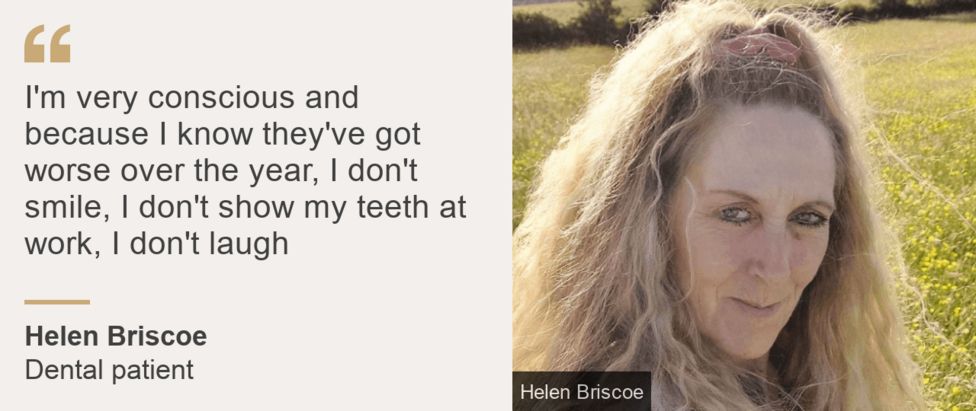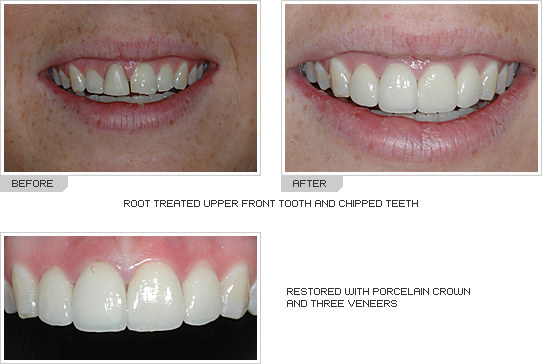8 Incipient Caries Treatments For Stronger Teeth

The realm of dental health is vast and intricate, with incipient caries being a prevalent issue that affects millions of people worldwide. Incipient caries, also known as early-stage tooth decay, is a condition where the tooth enamel begins to weaken, potentially leading to more severe problems if left untreated. Fortunately, with advancements in dental care and technology, there are numerous treatments available to combat incipient caries and foster stronger, healthier teeth.
Understanding Incipient Caries
Before diving into the treatments, it’s essential to grasp what incipient caries are and how they occur. This condition is primarily caused by the acid-producing bacteria in the mouth, which break down the tooth enamel when they come into contact with sugars and starches. The early stages of tooth decay might not be immediately noticeable, but they can be identified through regular dental check-ups. Dental professionals use various methods, including visual exams and X-rays, to diagnose incipient caries.
1. Fluoride Treatments
Fluoride is a naturally occurring mineral that is crucial for oral health. It helps to strengthen tooth enamel, making teeth more resistant to decay. Fluoride treatments are commonly recommended for patients with incipient caries. These treatments can come in various forms, including fluoride varnishes, gels, or foams applied directly to the teeth. Fluoride mouthwashes and community water fluoridation are also effective in preventing and treating early stages of tooth decay.
2. Dental Sealants
Dental sealants are another preventive measure against incipient caries. A sealant is a thin, protective coating made of plastic that is applied to the chewing surfaces of the back teeth (premolars and molars). This coating acts as a barrier, preventing bacteria and food particles from coming into contact with the teeth and causing decay. While sealants are more commonly applied to children’s teeth, adults can also benefit from them, especially if they have a history of tooth decay.
3. Good Oral Hygiene Practices
Maintaining good oral hygiene is fundamental in treating and preventing incipient caries. This includes brushing teeth at least twice a day with a fluoride toothpaste and cleaning between teeth once a day with floss or an interdental cleaner. Regular brushing and flossing help remove plaque, a sticky film of bacteria, from the teeth, thereby reducing the risk of tooth decay.
4. Dietary Changes
The food and drinks we consume play a significant role in our oral health. Limiting sugary and acidic foods and beverages can help prevent incipient caries. When we eat or drink something sugary or acidic, the bacteria in our mouth produce acids, which can damage tooth enamel. Additionally, avoiding snacks between meals can reduce the frequency of acid attacks on the teeth.
5. Professional Cleanings
Regular professional cleanings by a dental hygienist are crucial for removing plaque and tartar (hardened plaque) that can lead to incipient caries. During a professional cleaning, the dental hygienist will use special tools to remove plaque and tartar from all surfaces of the teeth, both above and below the gum line. This not only helps in treating early stages of tooth decay but also prevents gum diseases.
6. Nano-Hydroxyapatite (n-HA) Treatments
Nano-Hydroxyapatite is a form of the mineral hydroxyapatite, which is the main component of tooth enamel. n-HA treatments have been shown to help remineralize tooth enamel, making it stronger and more resistant to decay. These treatments can be found in toothpastes, mouthwashes, and varnishes designed to reverse early stages of tooth decay.
7. Calcium and Phosphate Paste
Similar to fluoride, calcium and phosphate are essential minerals for healthy teeth. Calcium and phosphate pastes can be applied to the teeth to promote remineralization of the enamel. This treatment is particularly beneficial for patients with incipient caries, as it helps to strengthen the tooth structure and reverse the early stages of decay.
8. Laser Treatment
Laser treatment is a modern approach to treating incipient caries. Dental lasers can be used to remove decay, prepare teeth for fillings, and even help in the remineralization of tooth enamel. The precision of laser treatment minimizes the removal of healthy tooth structure, making it a preferred option for many patients.
Looking Ahead: The Future of Incipient Caries Treatment
As dental technology continues to evolve, we can expect to see even more innovative treatments for incipient caries. Research into nanotechnology, gene therapy, and advanced biomaterials holds promise for developing new methods to prevent and treat tooth decay more effectively. Moreover, the integration of artificial intelligence in dentistry could enhance diagnostic capabilities, allowing for earlier detection and treatment of incipient caries.
Conclusion
Incipient caries are a treatable condition, and with the right approach, it’s possible to prevent the progression of tooth decay and promote healthier, stronger teeth. A combination of good oral hygiene practices, dietary changes, and professional treatments can significantly reduce the risk of incipient caries and related dental issues. As our understanding of oral health and dental care continues to grow, so do the opportunities for effective prevention and treatment of conditions like incipient caries.
FAQ Section
What are the primary causes of incipient caries?
+Incipient caries are primarily caused by the acid-producing bacteria in the mouth, which break down the tooth enamel when they come into contact with sugars and starches.
Can incipient caries be reversed?
+How often should I visit the dentist to check for incipient caries?
+Regular dental check-ups are crucial for early detection and treatment of incipient caries. It is generally recommended to visit the dentist every six months for preventive care and to address any oral health issues promptly.
Are there any home remedies for treating incipient caries?
+While there are home remedies that may help, such as using fluoride mouthwash or toothpaste, it’s essential to consult with a dental professional for proper diagnosis and treatment. Some home remedies might not be effective or could even be harmful if not used correctly.
Can children get incipient caries?
+Yes, children can get incipient caries. In fact, early childhood caries (ECC) is a significant concern, affecting many young children. Regular dental visits, good oral hygiene practices, and a healthy diet can help prevent ECC.


